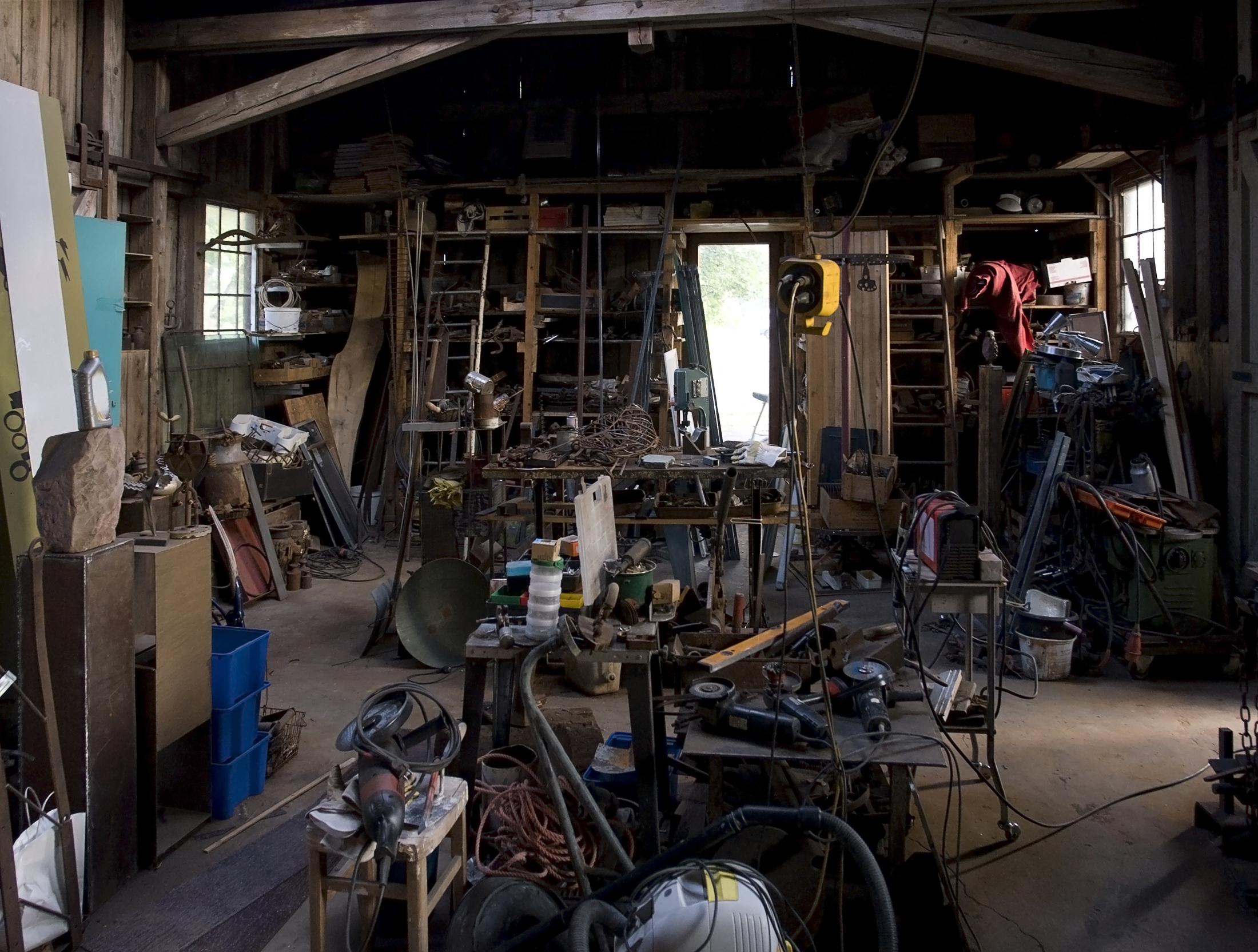Poor housekeeping? What can you do about it?
One of the most common workplace hazards is poor housekeeping. This can cause many workplace accident and injuries. It is also one of the easiest hazards to control. Here are some tips to keep a clean, hazard-free workspace;
- CLEAN AS YOU GO – This applies not only in the workplace, but at home as well. Clean up tools, debris and other material as you’re working on a task.
- SEGREGATE WASTE – Make sure waste is segregated accordingly and waste receptacles are within a reasonable distance to the work area. Ensure that hazardous waste is separated and recycling programs are followed.
- SIGNAGE – Post signage to warn workers of potential hazards in the work area such as; welding/grinding, wet surfaces, excessive noise, etc. Ensure that signage is placed in a safe area not obstructing exits or work spaces.
- CLOSE IT UP – Always make sure drawers, bins, doors, toolboxes, filing cabinets, etc. are closed with lids firmly in place to avoid hazards to unsuspecting workers.
- HAZARDOUS PRODUCTS – Following the WHMIS 2015 Program is also part of maintaining good housekeeping. Hazardous products should be stored as per MSDS and cleaned up by suggested methods. Immediately report any spill of any quantity of these products.
- FINISH THE JOB – Always ensure when you complete a task, it’s done so as to not cause a hazard for yourself or others. For example, cleaning off the entire windshield of your car, shovelling all of the snow off the steps, ensuring there are no protruding nails from wood projects, etc. And always do a final clean-up and inspection before leaving your work area.
While housekeeping can pose hazards to every worker on the job, it can pose the same hazards in our homes. Always remember these few tips that may help prevent an injury to you on the job or to a loved one in your home.
As a leadership team, always express your expectations of acceptable housekeeping. Some workers have different standards of cleanliness than may be expected of them. No job is complete until it’s cleaned up. Too many workers finish a job and move on to another leaving their mess to be cleaned up by someone else. No job is every finished until it’s clean, including making dinner!


